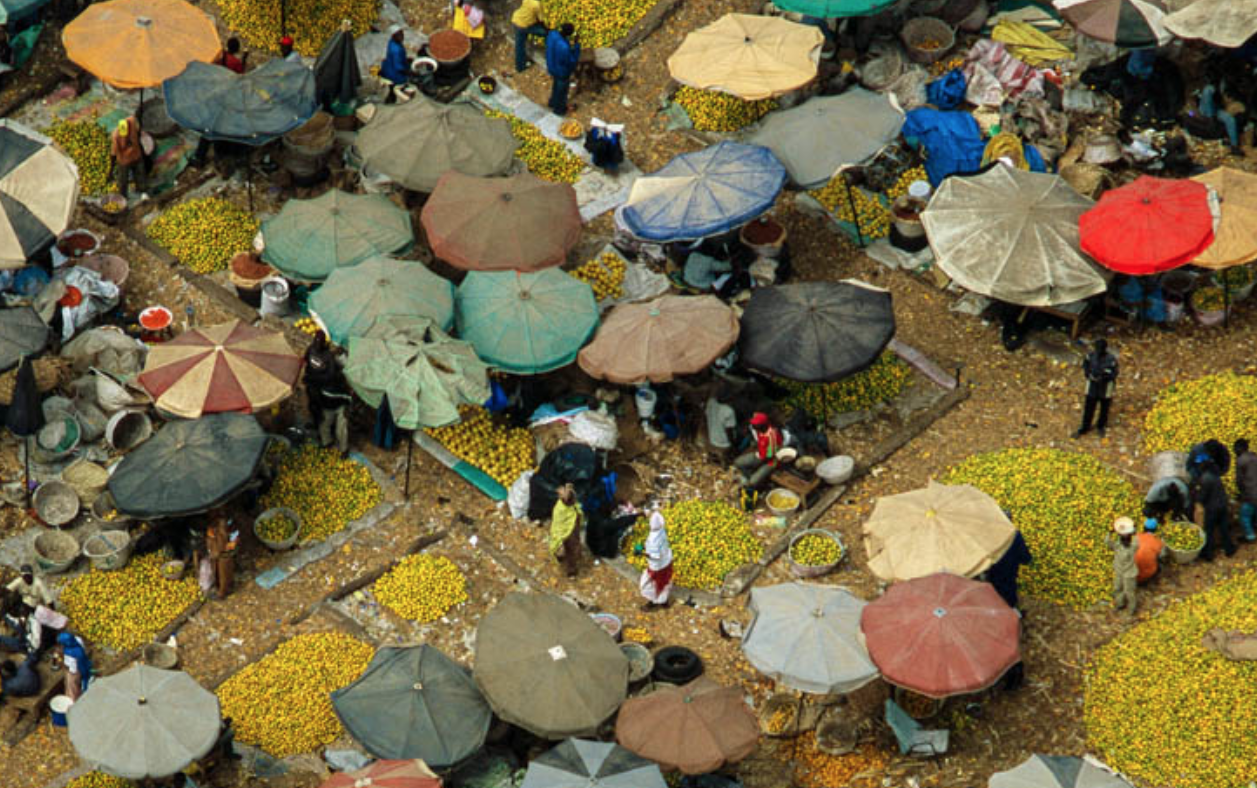Over the past century, enormous progress has been made in improving human welfare worldwide, thanks to quantum leaps in technology, rapid urbanization, and innovations in production systems. Yet immense challenges remain. Billions of people still face pervasive poverty, gross inequalities, joblessness, disease, and deprivation. In addition, the impacts of this progress on the environment, specifically those of climate change, are already being felt and will continue to intensify.
To achieve SDG2 (the end of hunger and all forms of malnutrition) in an environmentally sustainable manner, we need significant transformation of global agri-food systems. Sustainable Food and Agriculture: An Integrated Approach, a new book from FAO with major inputs from IFPRI, addresses the key challenges facing agri-food systems. (A book launch takes place in Rome Feb. 5 from 11:30 a.m.-1 p.m. CET, with IFPRI contributions from 11:50 a.m.-12 p.m. Watch the event here.)
Chief among these challenges is the world’s growing demand for food, which is expected to increase by 50 percent by 2050. In addition, this demand has shifted toward more resource-intensive food, such as animal-sourced foods, fruits and vegetables, and processed foods, putting added pressure on already scarce land, soil, and water resources and diminishing biodiversity.
Much of this increased demand will come from Africa, where the population is expected to quadruple from 1 billion to over 4 billion by the end of the century. Due to the region’s slow economic transformation, at current trends, Africa will be home to the vast majority of the world’s poor and food insecure by 2050. This means that efforts to transform food systems will need to place special emphasis on developing the agricultural sector and creating income opportunities through food systems in this region.
As food demand and dietary preferences change, food systems will come to rely more and more on modern global supply chains and large-scale distribution systems. People around the world are eating much more processed foods and using food services on streets, in restaurants, and through home delivery more often. In addition, rapid technological innovation, especially in information and communication technologies and mechanization, is also driving food system changes. In developing countries, this shift from traditional to modern food systems has resulted in mixed outcomes for food security, nutrition, rural employment, and poverty reduction. Many trade-offs exist between food system efficiency, sustainability, and inclusiveness, and direct interventions in one part of the food system may exacerbate problems in another.
The conundrum for policymakers is that all of these challenges will need to be addressed simultaneously. At present, any such policy coherence is missing, both across and within countries. Moving forward, agriculture and food policies will need to take a food-systemwide approach to be effective. Likewise, existing governance mechanisms will need be adequately aligned, such as those for land, water, and soil management—which in most countries operate in silos. In addition, since many downstream food processing and trading activities take place in urban areas, agricultural and urban policies need to be better aligned to support inclusive, sustainable development along the entire food supply chain.
Policymakers require more and better data and research to properly achieve the multiple and linked objectives involved in modernizing agri-food systems. Research is critical in understanding how food systems can address emerging issues including climate change, inequality, youth unemployment, migration, and conflict, as well as in better understanding how the accelerated pace of technological innovation can help make agri-food systems more sustainable and inclusive. Improved data collection and impact assessments can also help policymakers and researchers monitor the effectiveness of policies and programs and provide enhanced accountability.
The transformation of agri-food systems for human and planetary health requires concerted international efforts. Policy makers, food producers, and consumers alike will have to swim against the present tidal waves of anti-globalism and beggar-thy-neighbor policy stances. We need to address all of these challenges together and with great urgency. If we don’t: The future of our food security will be at great risk.
Shenggen Fan is Director General of IFPRI; Rob Vos is Director of IFPRI’s Markets, Trade, and Institutions Division (MTID).







